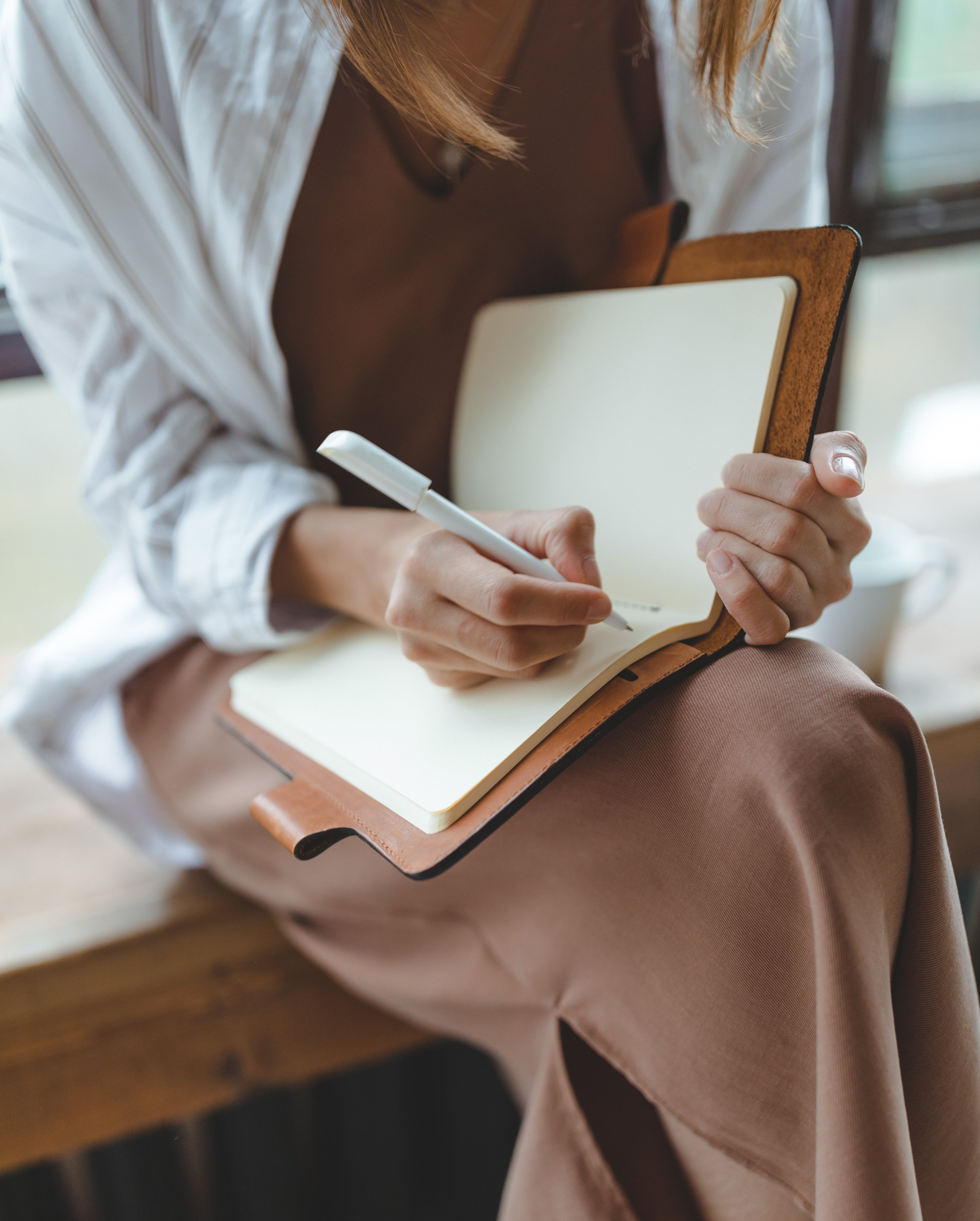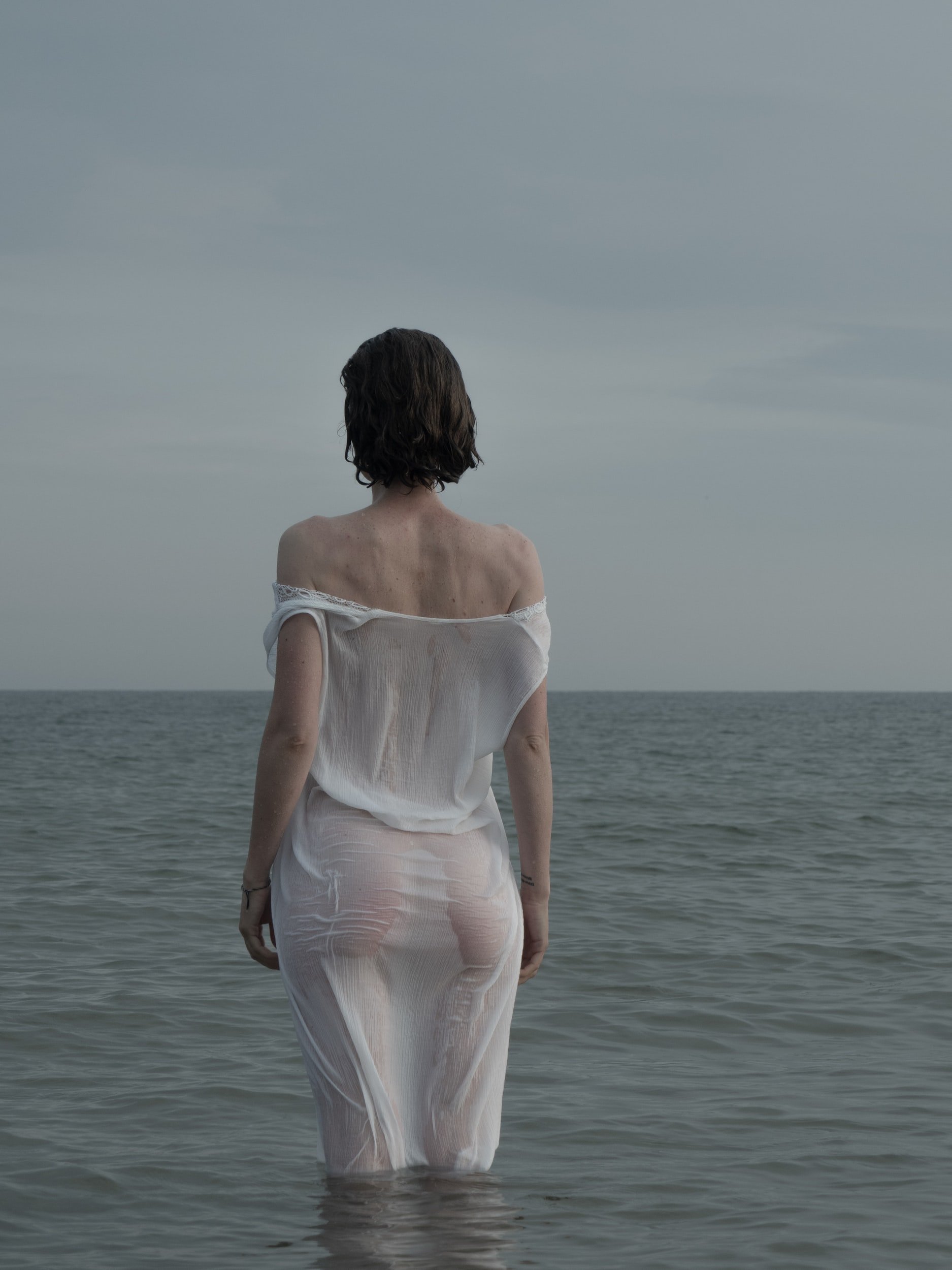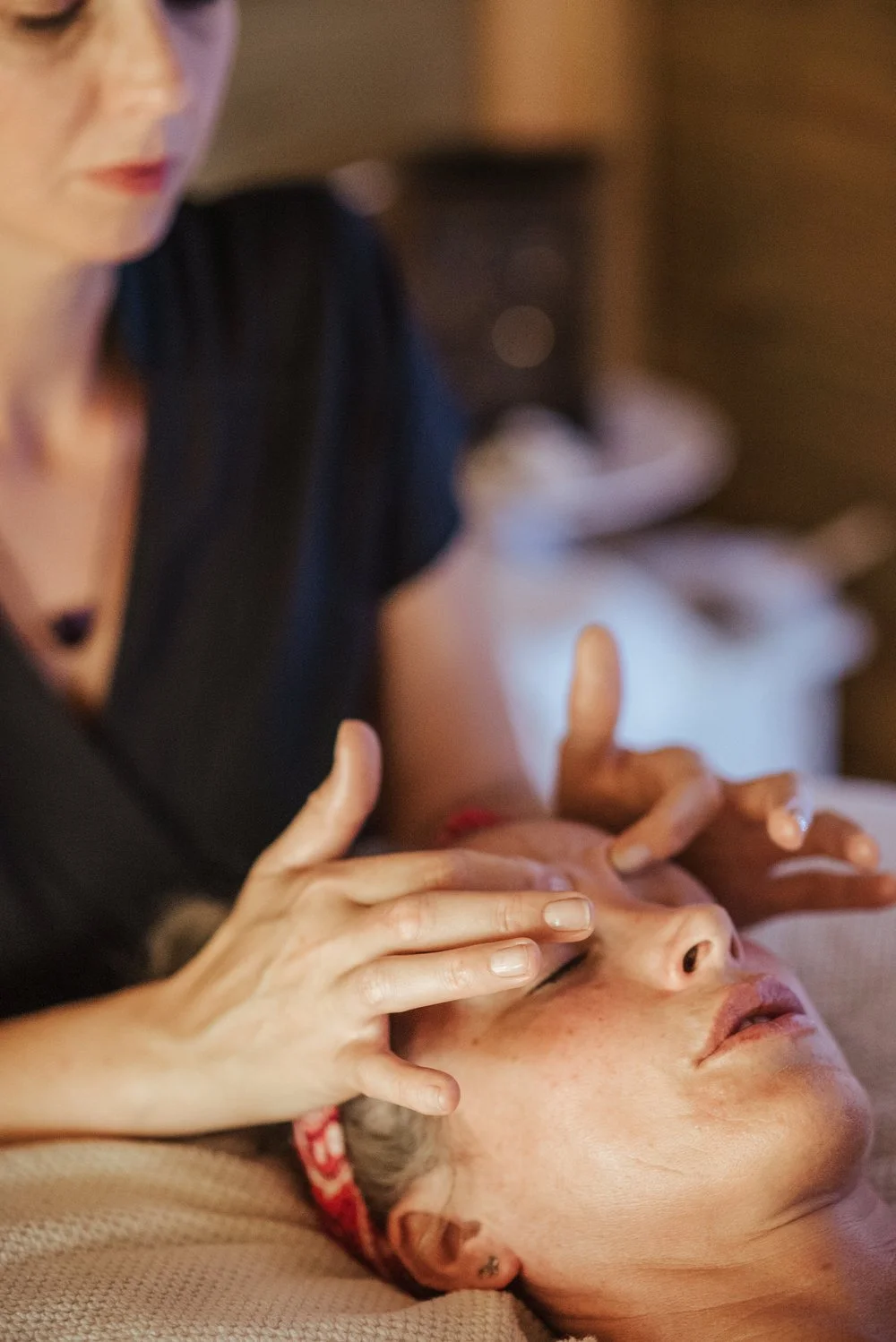Journaling: Solace in Tough Times
We live in a culture that constantly demands our attention. Watch this, stream this, read this; all which could be viewed as distraction techniques. Doing any, or all of the above, allows us to momentarily pause or forget about our bigger problems. We’re living through a pandemic so there’s nothing wrong with that (hell no!), but doing this constantly can also just paper over the cracks – the distraction is temporary, while welcome, it doesn’t necessarily help us process or deal with anything difficult.
And as we know, processing hard things — painful situations, things we think but are too afraid to reveal, disappointment, grief — is necessary if we are to experience healing, recovery and renewal. Processing requires that you lay everything out on the table – your emotions, fears and doubts — without a sure or concrete solution. It requires honesty. It requires vulnerability. Which, in the grand scheme of 2020, is easy to see why we might avoid this; Covid-19 has rendered us raw in just a few short months.
What helps the process is having a vehicle for it. In this case, mine is journaling. I haven’t kept a diary in the strictest sense since I was a teen, but as an adult, I buy a page-per-date journal every year. At first, it was my to-do list, but it quickly became my space. A space in which I would detail or bullet-point my anxieties, hopes, disappointments and that which made me pause.
There’s something about seeing the words in black-and-white; it triggers the process, forces you to confront what a Netflix binge might make you temporarily gloss over.
I like to think the phrase ‘mulling over’ was created as an onset of journaling, it means to ponder a specific thing or situation. Inevitably as you write, you are mulling over everything. You might not have a solution for what you’re trying to figure out, but it’s at least in front of you – out in the open, easing the burden in a way it would not be eased otherwise.
For me, journaling is an instant stress-reliever. If I bottle my worried thoughts inside, I’m liable to become a ball of anxiety, unable to think of anything else. There’s also the physical act of closing over your journal when finished – you get literal closure. The issue is there, but you’ve dealt with it as much as you can for now and are telling your brain that now you need headspace for the next thing.
It is a stress-reliever for more than just me, too. There have been countless studies done on the positives of it for your mental wellbeing, it’s a health kick for the brain, boosting memory, mood and comprehension, as well as increasing working memory capacity, which may reflect improved cognitive processing. It’s even been proven to reduce anxiety, which I can attest, it truly does.
And if you’re unsure how to start, this may help.
Remember, start small
To many, the thought of journaling can seem weighted with significance (and thus, something to avoid), but you don’t have to bare your soul should you not wish to – it can be you, a notebook and illegible scrawls in multiple coloured inks with nothing more than the interesting phrase you overheard as you ordered your coffee.
Be authentic
It sounds obvious, but the only thing that really matters when it comes to journaling is that it reflects the real you, in all your messy, perfectly imperfect glory.
Ask questions
Don’t be afraid to ask the hard questions. The How and the Why. We might feel we want to avoid digging deep, but reflecting on the tougher moments in life truly is cathartic – no one need ever know your answers. We all need to heal and confronting our most trying moments is the first step to ensuring this happens.
Take time to reflect
Women, in particular, never give themselves enough credit for all their accomplishments. Take time to look over your previous entries and in the words, you will see the progress you’ve made, the journey you’ve taken over the last few months. At the very least, you’ll see before your very eyes that you’re just doing your very best – and that’s all that’s ever required.
Jennifer McShane, August 2020.
Have you journaled before and has it helped? Tell us in the comments box below…
join the conversation
share and comment below, we’d love to hear your thoughts…























